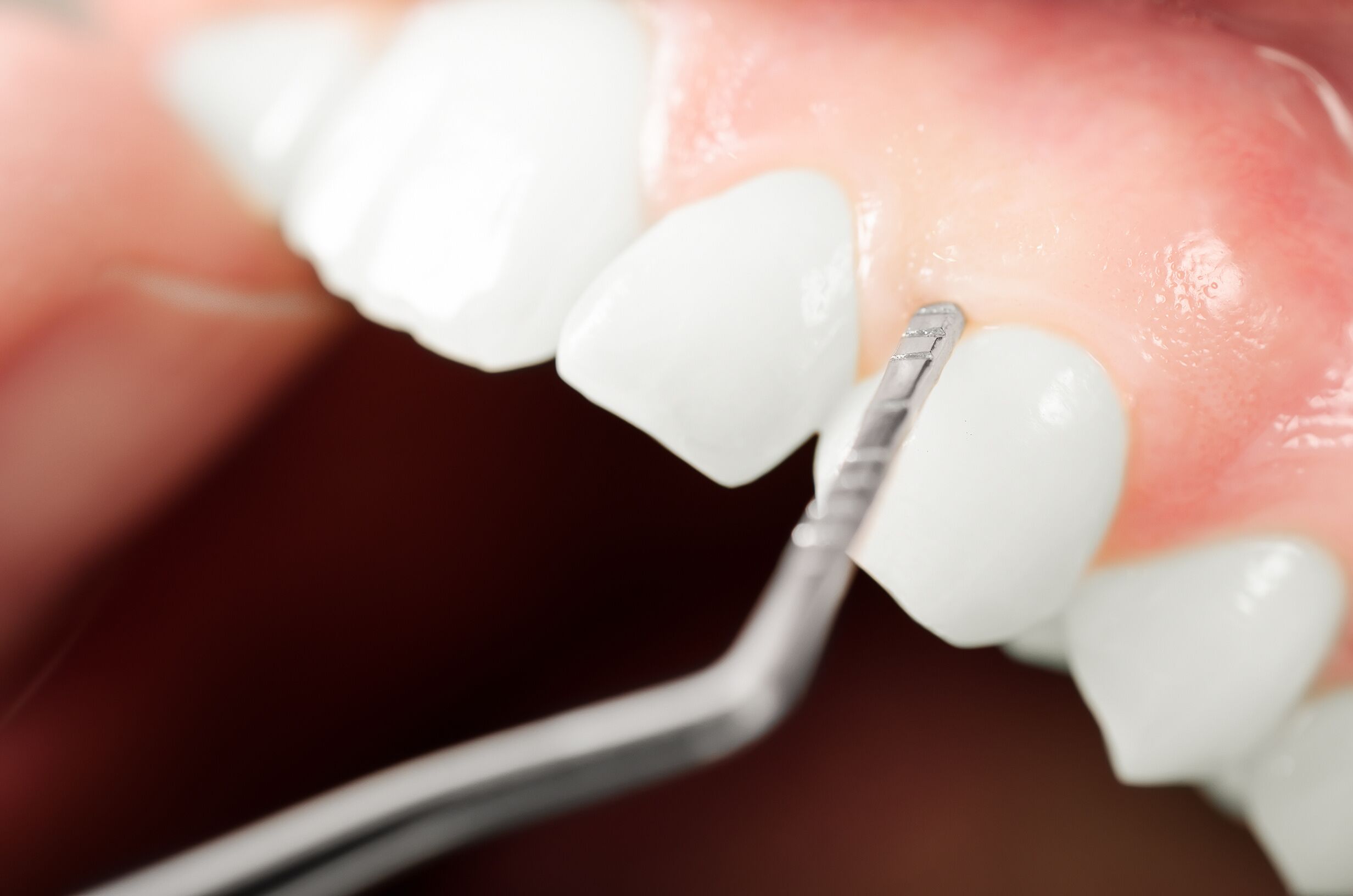
Deep cleaning your teeth might sound like what your dental hygienist will do at your regular biannual appointments. However, it’s a lot more serious and less common than that. A deep cleaning is a specific procedure used to treat advanced gum disease, or periodontal disease. But what does it entail? How does it fight gum disease? Do you need one? Keep reading as a dentist answers these questions about periodontal disease in Bella Vista.
What is Periodontal Disease?
Periodontal disease, also called gum disease, is an inflammation of the gums that can also affect the teeth and the bone structures surrounding and supporting the teeth. It’s caused by bacteria in plaque that build up due to not maintaining proper oral hygiene habits like regular brushing, flossing, and dental cleanings.
Any symptoms of gum disease should immediately be reported to your dentist. These include:
- Bleeding when brushing or flossing
- Red, swollen, or tender gums
- Persistent bad breath or bad taste in your mouth
The first stage of gum disease is called gingivitis. It’s the easiest stage of gum disease to treat, and can even be reversed since the bone and tissue that hold the teeth in place are not yet affected. By brushing and flossing more, and avoiding smoking and sugary foods, you can reverse gingivitis in Bella Vista at home.
If left untreated, gingivitis can progress into advanced gum disease, or periodontitis. Your gums may begin to recede from the gumline and create pockets for bacteria to grow. Eventually the inflammation can destroy the fibers that connect your teeth to your gums. Your teeth can loosen and even fall out.
Do I Need a Periodontal Deep Cleaning?
According to the American Academy of Periodontology, you only need a deep cleaning when X-rays show bone loss and you have at least one gum pocket greater than 4 millimeters deep. When your gum disease has worsened to the point of periodontitis, better oral care habits at home are not enough, and you will require further treatment in your dentist’s office. However, for a more advanced stage, you will need a deep cleaning, also known as scaling and root planning.
What is Scaling?
Scaling is the process where your dentist will remove plaque and tartar, or hardened plaque, from both the surface of the teeth and the area between your teeth and gums. This procedure can utilize either manual scaling tools or ultrasonic instruments.
What is Root Planing?
Root planing involves using a scaling instrument to remove plaque and tartar from the surface of the roots of your teeth, below your gumline. Once both of these procedures are done, you may need a second appointment to follow up on how your gums are recovering.
What Can I Expect After a Periodontal Deep Cleaning?
If the procedure was a success, then the bacteria in the pockets of the teeth will be removed. By practicing good oral hygiene habits like brushing and flossing every day, your gums will ideally become healthier within a few weeks.
Periodontal deep cleanings may not sound like fun, but there are a lot more enjoyable than losing teeth! If you think you may have one of the symptoms of gum disease, contact your dentist immediately. That way you can get the early treatment you need to save your smile!
About the Practice
At Combs & Associates Family Dentistry, we want to form relationships with patients as we help them fix their smile. Drs. Chris Combs and Josh Rubisch are dedicated to providing you with the most up-to-date, hi-tech dental care possible. If you are seeking treatment for gum disease, look no further. We will create a custom treatment plan to meet all of your needs and preserve your oral health in the best way we can. To learn more, click here or call (479)-855-6764.

